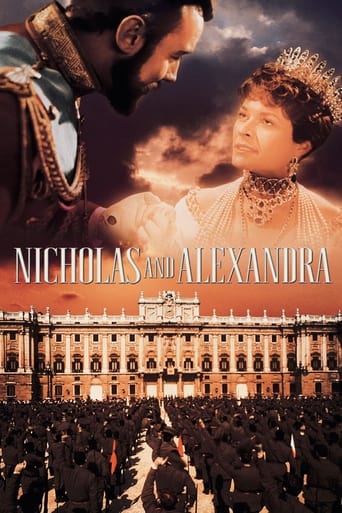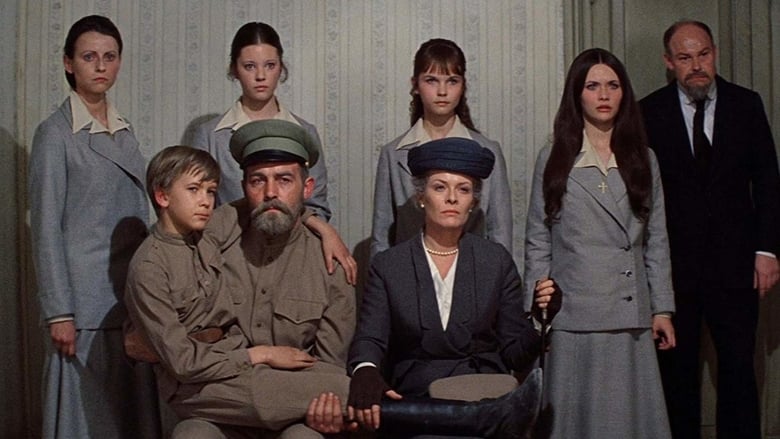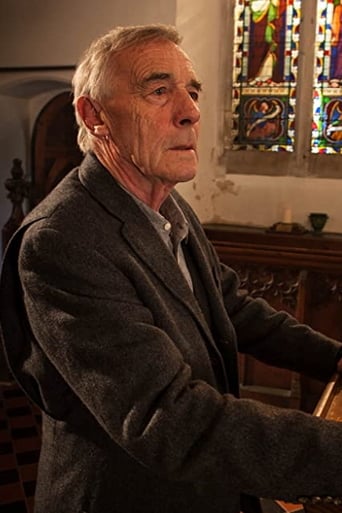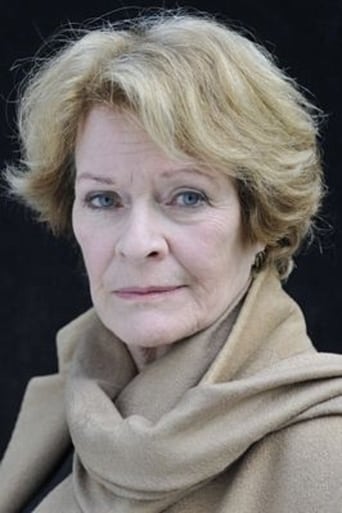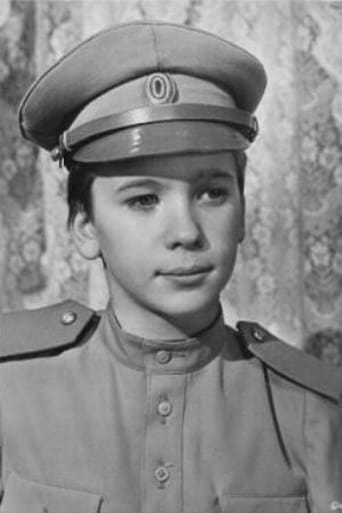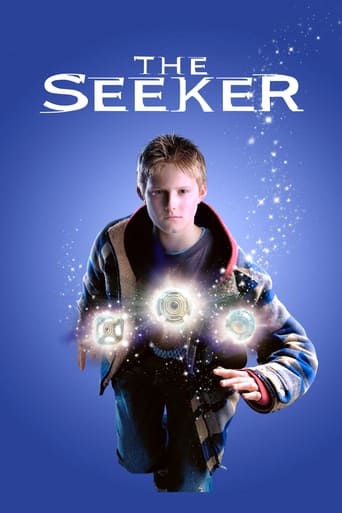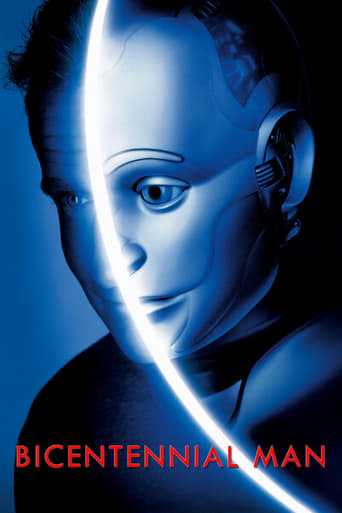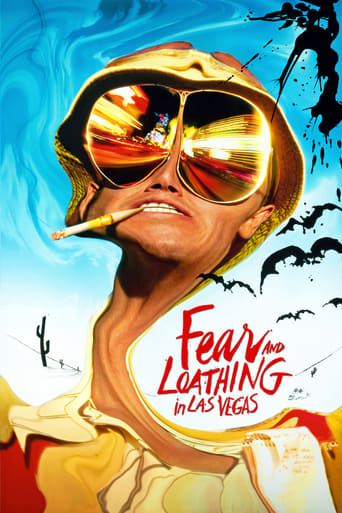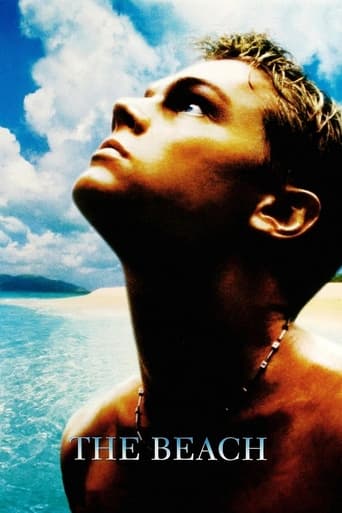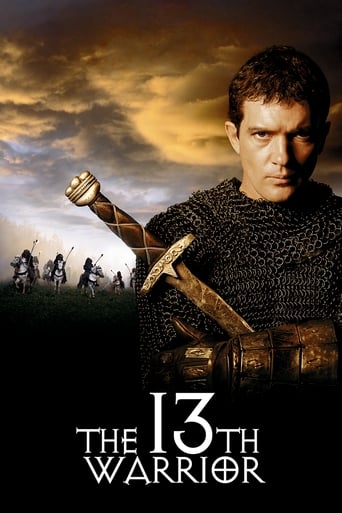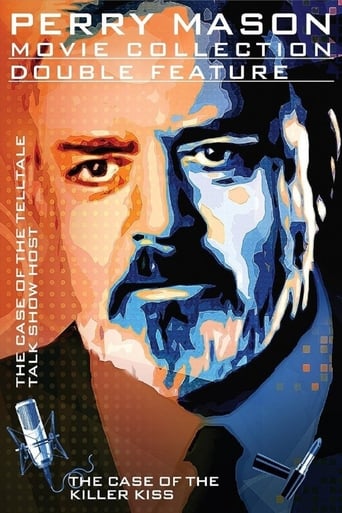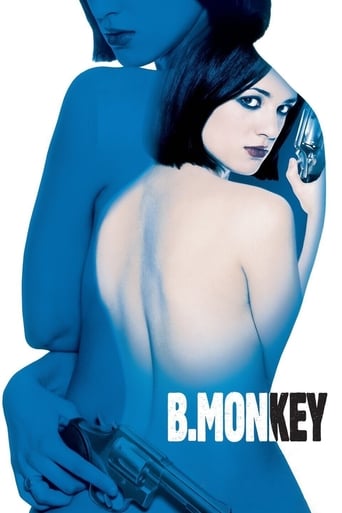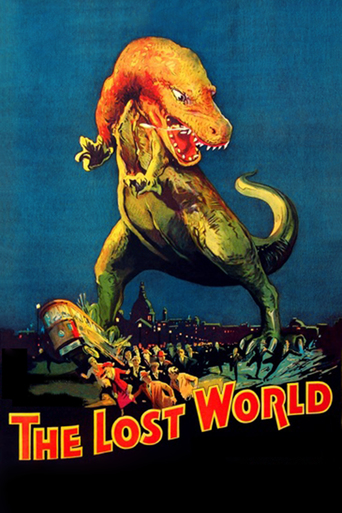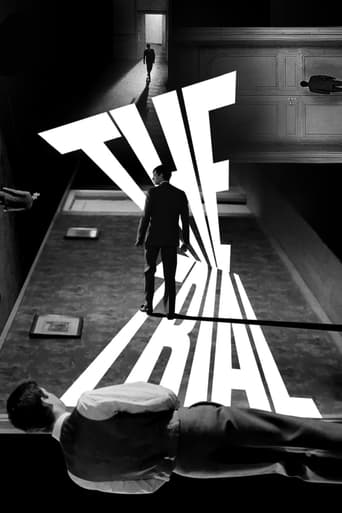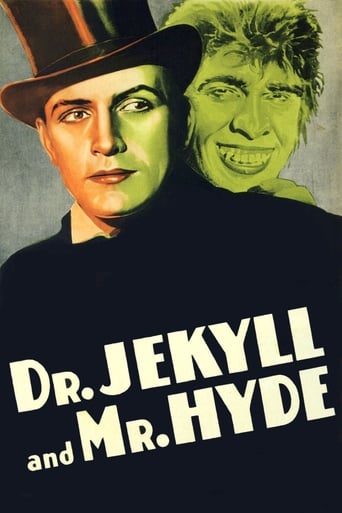Nicholas and Alexandra (1971)
Tsar Nicholas II, the inept last monarch of Russia, insensitive to the needs of his people, is overthrown and exiled to Siberia with his family.
Watch Trailer
Free Trial Channels
Cast


Similar titles
Reviews
Best movie of this year hands down!
Let's be realistic.
Although it has its amusing moments, in eneral the plot does not convince.
The movie is made so realistic it has a lot of that WoW feeling at the right moments and never tooo over the top. the suspense is done so well and the emotion is felt. Very well put together with the music and all.
Epic and sweeping, a 1972 blockbuster carrying every name in the British character-actor's book and telling the story of a grand leader who was out of touch with his people, and his wife, who was even MORE out of touch. The cute girls and the imperious young boy were innocent but that doesn't help them. Anyone who wants to know what went on during the Russian revolution of 1917 -- the one that brought us the ever-popular Josef Stalin -- ought to see this. Really. It's beautifully photographed, if nothing else.I don't know how closely it hews to historical revolutionary fact. All I know is that the title of Czar or Tsar goes way back. The first guy to claim the title of Caesar was the Roman Augustus, adopted son of Julius Caesar. The Roman Empire fell apart towards the end of the 400s AD and everybody and his brother began to claim the title. By recent times it had been morphed into "Czar" and "Kaiser". Nicholas wasn't the last Caesar to die. That would be Kaiser Wilhelm II, who didn't die until 1941.At any rate, those whose knowledge of recent Russian history is spotty, like mine, will have some of the blanks filled in. I knew Kerensky's was an interim government and that it fell but I never knew why it fell. Now I know it was partly because Kerensky was a "moderate" who wanted to continue Russia's role against Germany/Austria in World War I, at a time when the Russian Army on its western front was underarmed (sometimes completely unarmed) and in a rotten mood, while at home the farmers were starving and rebellious. "Nicky" wasn't able to grasp this, being under the spell of his opulent quarters in the Winter Palace and the spell of his wife, the batty Alexandria. In the face of all this discontent, Nicky felt a firm hand was in order.Well, his firm hand didn't do the trick and he was forced to abdicate. However he and his family wound up in Siberia, not entirely unhappy. But leaders are symbols, even when they're no longer leaders.This film must have had a budget more powerful than Nicky's army against Germany. Thousands of extras. Long shots of empty landscapes drawn as precisely as those in a Rothko painting or on a kid's notebook with a steel-edged ruler. I was really impressed. There aren't any duds among the performances either. Olivier, Hawkins, Andrews, Redrave -- they all soldier on, mostly with improbably shaped mustaches. The film seems to have gone -- not unregarded but unreported. It followed in the wake of some incandescent hits like "Patton" (Fleischer, same director as here) and "Dr. Zhivago" (same period). So, no wonder it was well funded.
This film is an intimate look at the lives of the last Tsar and Tsarina of Russia, Nicholas and Alexandra Romanov (Michael Jayston and Janet Suzman), however, although it has elements of an epic, it often seems apologetic about it.The story covers the period from the birth of the Tzar's haemophiliac son, Alexei, in 1904 until the brutal murder of the family during the Russian revolution. The causes of the revolution become obvious as the grievances of the people grow and the Tsar becomes more obstinate about relinquishing power.The film is effective in giving us an inside look at the lives of Nicholas and his family. The scenes with Rasputin (Tom Baker) as he works his way into the lives of the royal family are fascinating as are the vignettes of the revolutionaries: Lenin, Stalin and Trotsky as they plot for power. The soul of the movie is in the last half hour as the protective bubble around the Romanovs bursts and they are humiliated and then cruelly eliminated.There was an opportunity for a massive canvas, there are big scenes, but strangely the filmmakers often cut away before they fully develop; the police charge the students, but we cut away as the batons begin to fall; the troops start to open fire on the crowd of protesters, but we cut to the aftermath - an overly self-conscious technique.I remember seeing this back in 1971 and inevitably compared it to David Lean's "Doctor Zhivago". Lean's film caught a sense of the vastness and mystery of Russia from the opening scenes, "Nicholas and Alexandra" rarely does. Of course neither film was made in Russia, but "Nicholas and Alexandra" starts in the royal bedroom without any attempt to establish a sense of place.That introduction sets the static tone of much of the film - although the costumes are lavish, the interiors are photographed in a straightforward manner not unlike a filmed stage play.A good score by Richard Rodney Bennett gave the film a sense of depth and the last part of the film brings home the tragedy as the royal family meet their terrible fate. An austere film in many ways, it does however give an insight into a world-shaking time in history.
This movie is probably one of those where I have to come back a bit later and re-evaluate as to whether I liked it or not. There is just so much good but for about everything they do right there's usually something they do which irritates me more then anything else. All in all, I would recommend seeing this if what I would write down in my complaints wouldn't bother you.The plot being extremely vast will probably be extremely condensed for the review in order to get all of what I have to say about it out. The Tzar Nicholas II Of Russia has a male heir to the throne and he sorts out trying to give a better Russia to Alexi then his father gave him. Unfortunately not only does his son have Hemophilia and the only man who seems to be able to stop Alexi from almost dying being the HUGE "dodger of controversy" Grigori Rasputin but it turns out the only thing that Russia can really throw at these armies is more men AND there is a slanderous printing press who they can't seem to find being that... you know, it's Russia! and things start slowly crumbling.In case any history fans may go nuts about the Tzar being portrayed in a sympathetic light I'll say that he is somewhat portrayed in a sympathetic light... and no, he isn't. The Tzar and his family are portrayed as people that while somewhat good is out of touch with the crap going on outside their door, unknowing of the famine and other stuff, and honestly it does come across as being somewhat sympathetic.Although the real thing I didn't like is how there's this weird mentality they try to imply that Rasputin actually spoke with God and has some form of divine power, in the sense that he says things will happen and they happen in the movie. To me it seems extremely out of place in what should be a dramatization of history. I mean I have some knowledge of the actual man and to me having a man like that actually have divine power just seems wrong to me in SO MANY WAYS.If there are things I liked then here. The acting from Michael Jayston and Tom Baker are absolutely amazing. The cinematography and overall scale of this movie is well done and this movie did kind of open my eyes a bit to kind of sympathize with someone that in any other world, I wouldn't have sympathized with them. I don't exactly know all the history but from what I've seen they do get most of it down.I would say a recommendation depends really, there are a bunch of other stuff I didn't like but that might get down to how other people were portrayed and... I don't really want to look like an idiot when it comes to Russian history and commenting on it. In all honesty, if you're a fan of historical dramas then watching this you'll probably get what you want out of it. Me however, I don't really know yet.
Historical film correctly based on real events about Russian CZar Nicholas II (Michael Jayston , though press reports at time of pre-production said that Rex Harrison) , wife (first cinema film of Janet Suzman , and Audrey Hepburn and Vanessa Redgrave considered to play Alexandra) and sons Aleksey Nikolaeyvitch Romanov (Roderic Noble was chosen due to his resemblance) , Anastasia (Fiona Fullerton who had an interesting career as teen) , Tatiana (Lynne Frederick who subsequently married and inherited to Peter Sellers but she died early) . Czar Nicholas II, the inept monarch of Russia , insensitive to the needs of his country , is overthrown and exiled to Siberia with his family . In the film appears several historic personages as Kerenski (John McEnery) , The Queen Mother Marie Fedorovna (Irene Worth) , Trostki (film debut of Brian Cox) , Lenin (Michael Bryant) , Stalin (Hizeldine) , Rasputin (it was Laurence Olivier who first suggested Tom Baker to be cast and Peter O'Toole was asked to play Rasputin) , he was killed by Prince Yussoupov (Martin Potter) This overlong film contains drama , emotion and notorious deeds dealing with the over-detailed depiction of happenings preceding Russian Revolution until the deaths of Czar and family . Gorgeous sets and spectacular production design by John Box and Gil Parrondo ; being mostly filmed in Spain , as the Royal Palace of Madrid . It's marvellously photographed by Freddie Young in magnificence color . Evocative and sensitive musical score by Richard Rodney Bennnett . The picture is well directed by Franklin J. Schaffner . He directed excellent motion pictures as "The Planet of the Apes", "Patton," "Papillon", ¨"Nicholas and Alexandra", after the flop of his film titled " Islands in the Stream ", in which went on to coincide with the actor of "Patton," George C. Scott, decided to embark on a project more commercial and successful as "The Boys From Brazil" , however ¨Sphinx¨ ,¨Lionheart¨, ¨Si Giorgio¨were others flops . Rating : Better than average , worthwhile watching The picture based on facts , it begins when Japan's own territorial ambitions on the Chinese and Asian mainland. Russia is involved in a costly war with Japan over the Korean peninsula and the Czar rejects all recommendations that he bring the war to an end. War began in 1904 with a surprise Japanese attack on the Russian fleet in Port Arthur, without formal declaration of war and Russia is defeated by Japan . The Romanovs (Michael Jayston, Janet Suzman) are absolute rulers, among the last of their kind in Europe, living in luxury while the vast majority of Russians live in absolute poverty and take place revolts . As on January 1905 , Gapon (Julian Glover) began his march . Locking arms, the workers marched peacefully through the streets. Some carried religious icons and banners, as well as national flags and portraits of the Tsar. As they walked they sang religious hymns and the Imperial anthem, 'God Save The CZar'. All of the converging processions were scheduled to arrive at the Winter Palace . Throughout the city, the marchers found their way blocked by lines of infantry, backed by Cossacks and Hussars; and the soldiers opened fire on the crowd . The official number of victims was 92 dead and several hundred wounded. By the time of Stolypin (Eric Porter)'s assassination by Dmitry Bogrov, a student in a theatre in Kiev on 18 September 1911, Stolypin had grown weary of the burdens of office . Because of the fragility of the autocracy at this time, Nicholas and Alexandra chose not to divulge Alexei's condition to anyone outside the royal household. In fact, there were many in the Imperial household who were unaware of the exact nature of the Tsarevich's illness. At first Alexandra turned to Russian doctors and medics to treat Alexei; however, their treatments generally failed, and Alexandra increasingly turned to mystics and holy men . One of these was an illiterate Siberian , Grigori Rasputin (Tom Baker) , appeared to have some success. Rasputin's influence over Empress Alexandra, and consequently the Tsar, had grown stronger ever since 1912, when the Tsarevich nearly died from an injury while the family was on vacation at the hunting lodges at Bialowieza and Spala ,now part of Poland . The Czar's decision, against advice, to authorize a general mobilization in 1914 leads to disaster on the front . As the government failed to produce supplies, there was mounting hardship creating massive riots and rebellions. With Nicholas away at the front in 1915, authority appeared to collapse , while Empress Alexandra ran the government from Petrograd from 1915 , and the capital was left in the hands of strikers and mutineering conscript soldiers . At the end of the "February Revolution" of 1917 , Nicholas II chose to abdicate . He firstly abdicated in favour of Tsarevich Alexei, but swiftly changed his mind after advice from doctors that the heir-apparent would not live long apart from his parents who would be forced into exile .The abdication of Nicholas II and the subsequent Bolshevik revolution brought three centuries of the Romanov dynasty's rule to an end. The fall of autocratic Tsardom brought joy to Liberals and Socialists in Britain and France and made it possible for the United States of America, the first foreign government to recognise the Provisional government, to enter the war early in April fighting in an alliance of democracies against an alliance of empires. In Russia, the announcement of the Tsar's abdication was greeted with many emotions . However , revolutionaries abound and the rise of the Bolsheviks, led by Lenin (Michael Bryant) and Trotsky (Brian Cox) , slowly begin to gain an advantage . Before the year is out the Bolsheviks will be in power and the Romanovs in custody. In Siberia takes places the eventual execution of the entire family - the Czar, Czarina, four daughters and one son - in July 1918.

